During my career, I have collaborated with two mindset coaches. I started working with Tommy Angelo back in 2006. And recently I've been studying with Elliot Roe. Both are fantastic professionals, but with very different approaches to work.
Tommy, based on his rich personal experience, teaches a professional approach to the game and a zen calmness in relation to poker in general – a calmness that he himself has long since achieved.
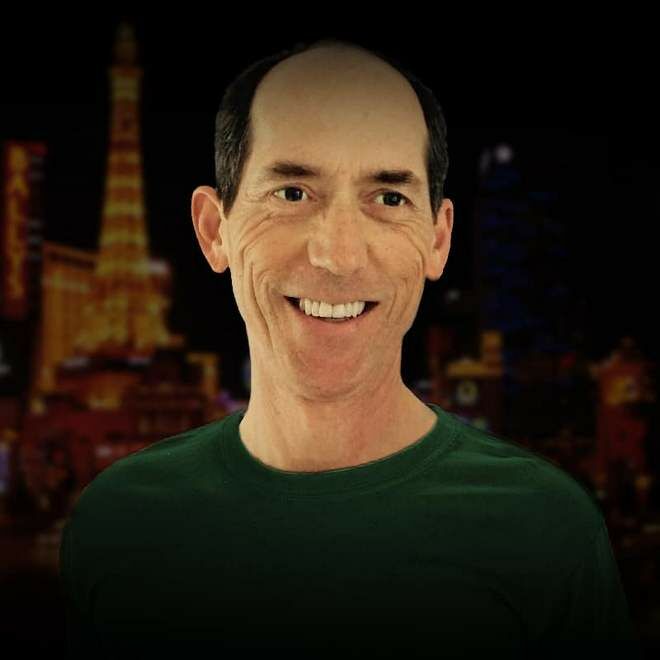
Elliot is not only a practicing psychologist, but also a hypnotherapist. Some senior managers have psychology consultants, which is roughly what his job is. Elliot's advice is very specific and always relates to the problems his clients face here and now.
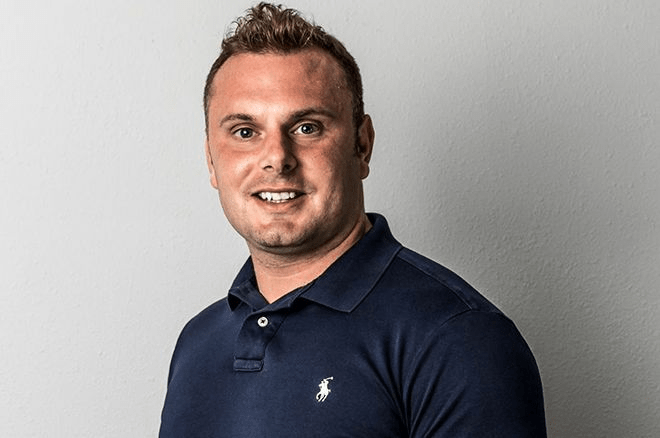
I recently recorded a video with recommendations and it included a great tip from Tommy, which I really like. It's about when to end sessions. I will not include it in the ranking of the top five, so as not to repeat myself, but I must remind you of it!
I stop when I feel miserable. Joy can be lost from fatigue, or a bad result, or too slow and boring opponents... It doesn't matter! If I don't feel the joy of the game, then it's time to leave. Why? First, because when I'm sad, I'm more likely to play badly. Secondly... well, because I'm sad! This is bad in itself, and it does not matter if I earn money or not. A great indicator that it's time for me to wrap up. I can finish and go to bed, meet friends, be with family, watch TV, anything that makes me happier.
It turns out that there are two positives to this at once: both financially and emotionally, an excellent decision was made! In the end, happiness in life is more important than results at the poker table. If you feel very bad four days a week, it starts to affect everything, including the quality of your game and your results. So I advise you to refuel more, maintain sanity, calmness and peace of mind.
Perhaps, as a formal rule, the “sadness indicator” does not work, because we are not always able to understand that we are sad. If we really want to continue, we can deceive ourselves. However, this rule is important to me, and I try to follow it.
Another piece of wisdom I learned from Tommy Angelo is about the law of specularity. If my opponent in the hand, being in my place, played exactly the same way as I, and I, being in his place, played exactly the same way as him, none of us makes money in this hand. For example, I had aces and he had kings, we went all-in preflop and I won $2,000. However, over distance, neither I nor he will win anything in this hand, because no one has an advantage. According to the law of mirroring, an advantage occurs only when we play differently in mirrored situations.
It helped me a lot to stop obsessing over the results of a particular hand. Before that, I was very worried about losing a big pot with a set against a higher set or making a good bluff against the opponent's nuts. Thanks to the law of mirroring from Tommy, negative emotions in such situations are completely gone. In essence, this is not much different from the concept of EV, but it is formulated very simply and clearly.
Elliot wrote a course for Run It Once, I took it and learned one very useful method for solving psychological problems.
I'll start from a long way back. When the first solvers came out, they only worked for no-limit hold'em, which I didn't play anymore – all my action was in Omaha. Therefore, I did not begin to understand the structure of solvers.
A few years later, a solver for Omaha appeared. I continued to play, but I did not want to study the software – it seemed to me that it was not very interesting. After all, I was winning and did not feel any particular leaks – why change something? Then I got more involved in business – the educational site Run It Once, and then the poker room of the same name. It turned into a full-time job and I stopped playing for a while.
In 2019, from Elliot's course, I learned about this exercise: you write down on paper several areas of activity in which you would like to do better. Among other things, I wrote that I would like to sit down and work seriously with solvers. The next step was to write why I haven't done it yet, what am I afraid of?
I wasn't a good student in school because I didn't do my homework, and I didn't really work on theory during my poker career. All the serious players I knew were doing a lot more. I was afraid that working with the solver would be too complicated, that I would not be able to extract useful information from the strategy at the same level as my competitors do. And as a result, it will mean that my career as a top player will officially come to an end.
The next step in the exercise is to write the worst possible scenario and think about what you will do in this case. To be face to face with your fear, so to speak. For the first part, everything is simple: I could not figure out the solver's strategy, I could not digest it, and so on. Then I tried to imagine what I would do in a similar situation, and realized that nothing so terrible would happen. If I fail, I will do other interesting things, everything will be fine. So, I should try it! After that, I started working with the solvers and returned to the game at the highest level. I came up with Galfond's Challenge, fought with several top players and showed very good results.
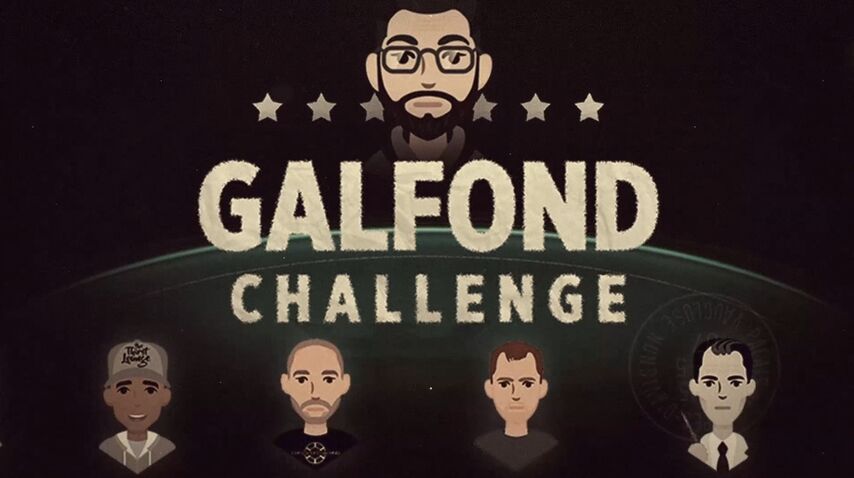
From time to time, Elliot conducts something like group retreats. The first one was here in Vegas. Each participant must speak to the audience and tell what worries him now, what he considers the main obstacle for himself. Advice is given not only by Elliot himself, but also by other guests with similar or completely different life experiences.
I talked a lot about the difficulties that I face in business, then moved on to the story of poker and how I miss it. All those present, including Elliot, unanimously came to the following conclusion: when I talk about business, it is clear that this area is difficult for me, I do not enjoy this activity, but when I talk about poker, my eyes burn. Obviously, business can never take poker's place in my heart. It's not about where the income is more – it's just that I truly love poker, you can't get away from it.
Before this conversation, I devoted almost all my time to business. Soon after, I delegated all my powers and became a professional player again. Galfond's challenge helped me get back to a full-time poker career, and the fact that some of the matches took place on my Run It Once room helped grow the business.
Until this conversation, I had resigned myself to the idea that active play was a thing of the past for me, and poker itself had changed so much that I was unlikely to be able to become a top player again. However, after this meeting, I returned to the very top, which brought me not only tangible financial benefits, but also gave me powerful positive emotions. This is an achievement that I am very proud of and has had a great impact on my life.
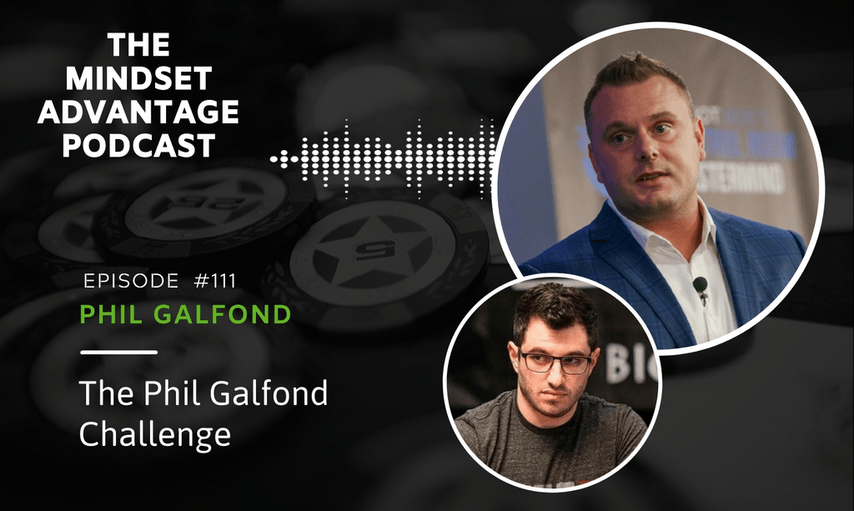
Perhaps the effect of other advice from Tommy and Elliot cannot be compared in strength with those described above. Tommy, as I said, pays more attention to general issues of worldview. Perhaps I can recall another of his ideas, which gave me a lot: a lot of factors influence our advantage, and this can be used to our advantage.
For example, every summer Tommy comes to Vegas for the World Series where it's all cash games – he's not a tournament player. He sits at cash during the day and in the evening on the days of tournaments. For him, this is an ordinary day, his mood is no better and no worse than always. However, many of his opponents have already been eliminated from the tournament, after which they got into cash, because everyone does this when there are no more tournaments for the day. Due to their elimination, they are already tilting a bit and playing in a sub-optimal state. This gives Tommy some advantage by default. Perhaps very little, because many of his opponents are professionals with a good technical level of play, but they still sit down with emotional baggage, and he does not. And there are a lot of such trifles in poker: preparation for the game, good sleep, mood, and so on. The opponent is tired, but you are not? This is a plus. The opponent is angry, but are you calm? Another plus.
I haven't used Tommy's last tip yet, but I've always wanted to try it, because it must be so much fun. In a live game, situations often arise when you bet on the river, the opponent folds and asks: “Did you make a flush?” or "Bluffing, huh?"
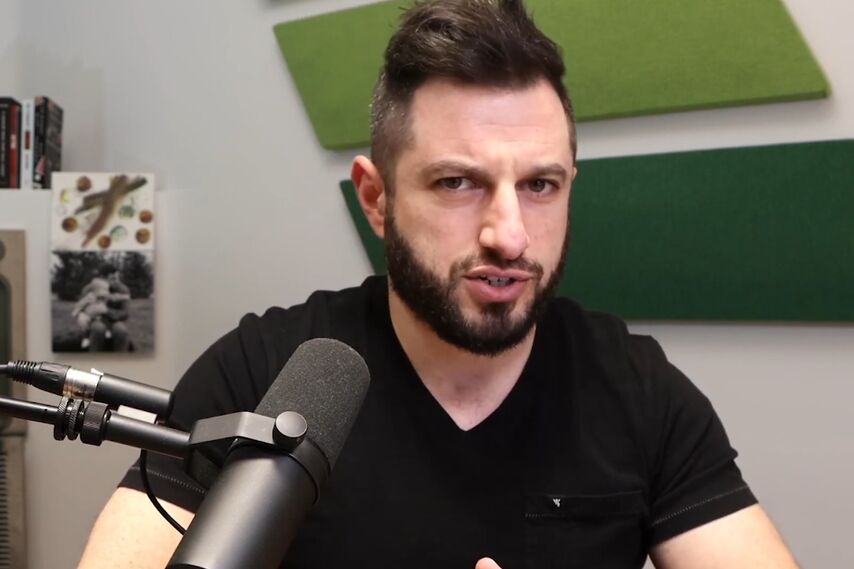
It is clear that there is no point in answering this – why share information for free? Of course, one can argue that from such dialogues we will also extract new knowledge about how the opponent thinks, but we will not go into detail about that. Personally, the need to reply again and again somehow has always been a little tiring for me.
Tommy's method is very simple: he always answers "Yes" to any question. "Did you get the flush? – Yes". Sometimes he receives an additional question, the affirmative answer to which contradicts the first one, but he still answers "Yes". After many hours of play, some opponents finally notice that Tommy agrees with all their statements...
I like his approach. I think it helps him to relax.
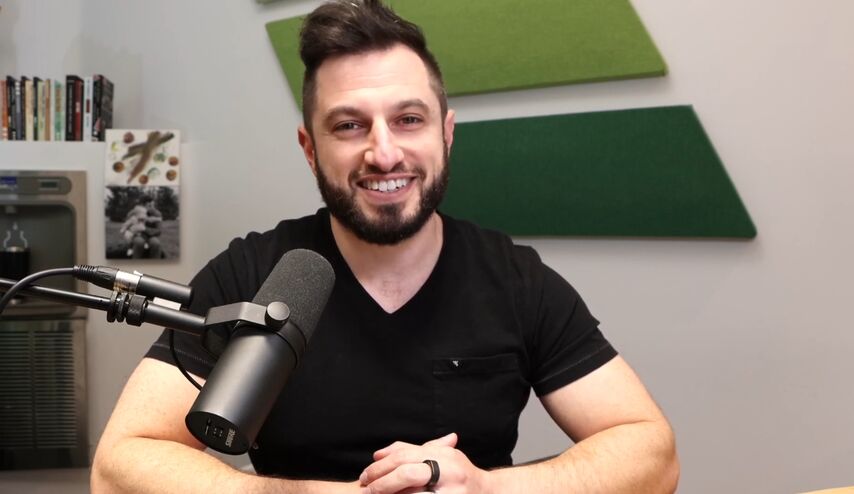
I am very grateful to Tommy and Elliot for their advice and invaluable help. I was glad to share with you some pieces of their wisdom. Hope something is useful!












